Cork cancer patient set to feature in TV documentary: My world was turned upside down
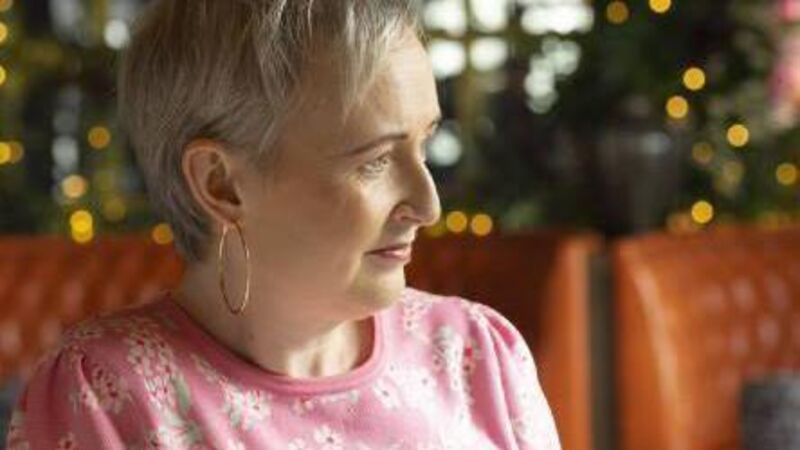
Biseach ón Ailse on Thursday, June 22 at 8.30pm tells the stories of two cancer survivors, including Ann Marie O’Sullivan, and meets people from Cork-based charity, Breakthrough Cancer Research (BCR).
Broadcaster and cancer survivor Evelyn O’Rourke interviews Ann Marie, who lives in the northside of Cork city, along with Orla Dolan, CEO of BCR.
Ann Marie was the first person in Munster to receive a new treatment (TCH-P) when she was diagnosed with cancer at the start of the Covid pandemic in 2020.
The treatment was successful, and she remembers the hope her medical team gave her.
Ann Marie told The Echo her cancer was first noticed in May, 2020, when a lump appeared in her armpit. The doctor initially told her she shouldn’t be too concerned, but in two weeks it grew from a grape to the size of a plumb. In that time, another growth appeared in her breast.
In June, 2020, Ann Marie was referred to the care of Cork University Hospital.
“I was 37,” she said. “It didn’t feel like it was lining up to be cancer. First of all it was in my armpit, and it was sore.
“The world was just turned upside down, and it was a scary time. It was a devastating time and a time of huge worry.”
Ann Marie found the chemotherapy incredibly draining. “It felt like I had been emptied out. I found it very challenging. The surgery and radiotherapy were difficult, but not as difficult as the chemotherapy. The chemotherapy took everything.”
Ann Marie’s advice to cancer sufferers is to be gentle on yourself.
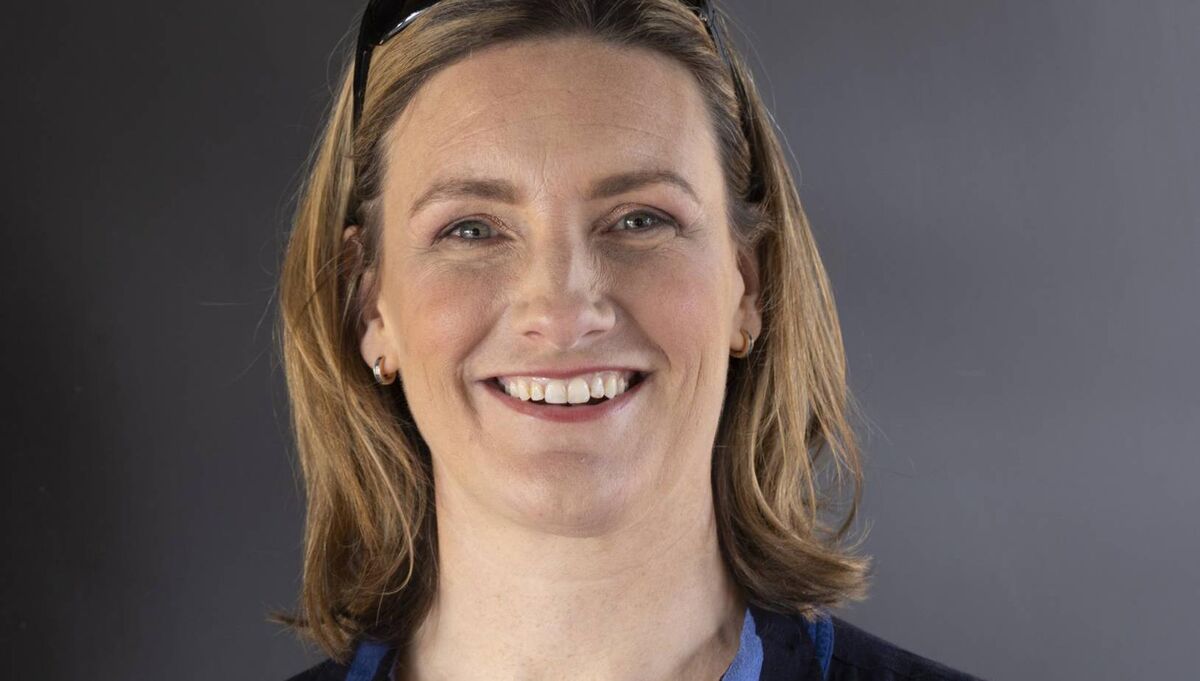
One in two people in Ireland will receive a cancer diagnosis in their lifetime, a stark reality, but one that researchers across the island o are tackling with incredible results thanks to the support of leading charities like Breakthrough Cancer Research.
CEO Orla Dolan said their role in the documentary was demonstrating the value of research, hearing stories like Ann Marie’s, and showcasing new advancements and drugs.
“From our standpoint it was helping them identify researchers who are currently on the frontlines,” said Orla.
“That’s what we do, we fund the researchers.”
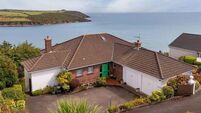
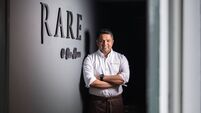
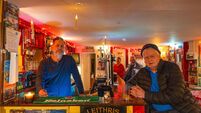
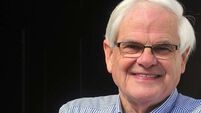



 App?
App?


